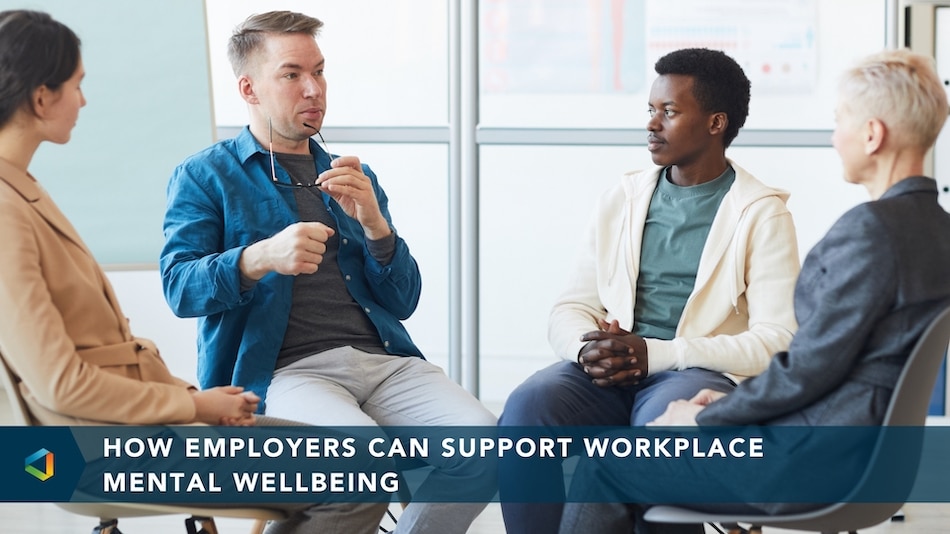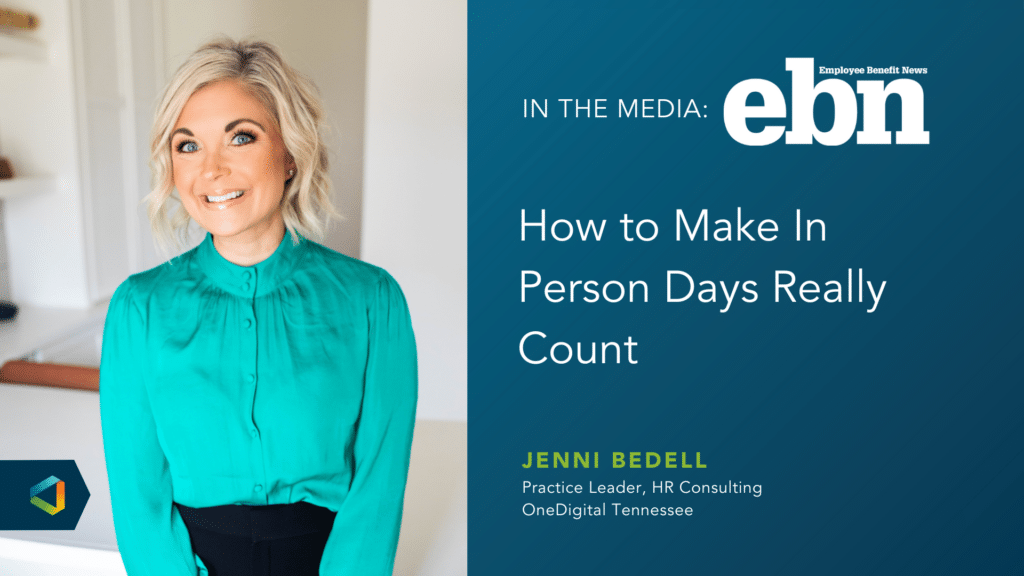Healthy People
The ROI of Trust: How Psychological Safety Impacts Your Bottom Line
The ROI of Trust: How Psychological Safety Impacts Your Bottom Line
When it comes to the wellbeing of your employees, what is often overlooked is the connection between the workplace and mental health as a whole.
An organization can invest in practically everything when it comes to prioritizing the well-being of their people—from providing access to a network of providers and on-demand resources, to offering in-person workshops and educational sessions. However, if the workplace itself isn’t a psychologically safe place for its employees, it will miss the mark every time.
It is a seemingly straightforward matter. Employee well-being cannot exist without the presence of psychological safety.
What is Psychological Safety?
Psychological safety is the belief that one can express their thoughts, ideas, concerns, or questions without fear of negative consequences, such as ridicule, punishment, or alienation. For organizations, it is about creating a culture where employees feel comfortable sharing their authentic selves, taking interpersonal risks, and contributing to the organization's success without fear of retribution.
Now, why is psychological safety crucial in the workplace?
Boosting Employee Engagement and Productivity
In a psychologically safe workplace, employees are more likely to fully engage in their work. When individuals know their opinions are valued and they will not be criticized for sharing, they are naturally more apt to contribute their ideas, provide feedback, and collaborate with their colleagues. It comes as no surprise that feeling a sense of involvement and empowerment translates into higher productivity levels for employees.
Innovation Thrives in Safe Environments
Innovative ideas often come from diverse perspectives and unconventional thinking. In today’s ever-changing business landscape, organizations that encourage the sharing and exchanging of ideas spur innovation and drive their company's growth. Psychological safety also fosters inclusivity, supports all perspectives, and creates a welcoming environment for everyone.
Healthy Communication and Conflict Resolution
Open and honest communication is a key component for organizations that are adaptable and resilient. Psychologically safe organizations invite employees to express concerns or disagreements transparently and resolve them in a constructive way. Ultimately, this results in better outcomes and stronger working relationships. A workplace where issues are openly discussed and resolved is a workplace that will thrive in both calm and conflict.
Reducing Turnover and Attracting Talent
Employees who feel psychologically safe are more likely to stay with their current employer. When individuals are confident that their voice matters, they are less likely to feel frustrated and therefore disengage in their work. Moreover, organizations that prioritize a workplace culture of well-being attract top talent because prospective employees seek environments where they are respected, appreciated, and have opportunities to directly contribute to organizational initiatives.
Creating a Culture of Learning and Growth
Employees today are looking for opportunities to glean more purpose and meaning out of their work. Psychological safety nurtures a culture of continuous learning and personal growth because it affords employees opportunities to ask questions, admit when they don't know something, and seek opportunities to develop their skills. A culture of learning not only benefits individual employees but also contributes to the organization's overall development and competitiveness.
In the fast-paced world of modern business, creating a workplace environment that fosters psychological safety is a necessity. Psychological safety is the bedrock upon which healthy company cultures are built. Leaders who prioritize the safety of their employees inspire trust, respect, and long-term success for their teams.
Listen to A Conversation Around Employee Engagement, Mental Health & Wellbeing from OneDigital's Friends with Employee Benefits podcast to learn more about creating a psychologically safe workplace.




